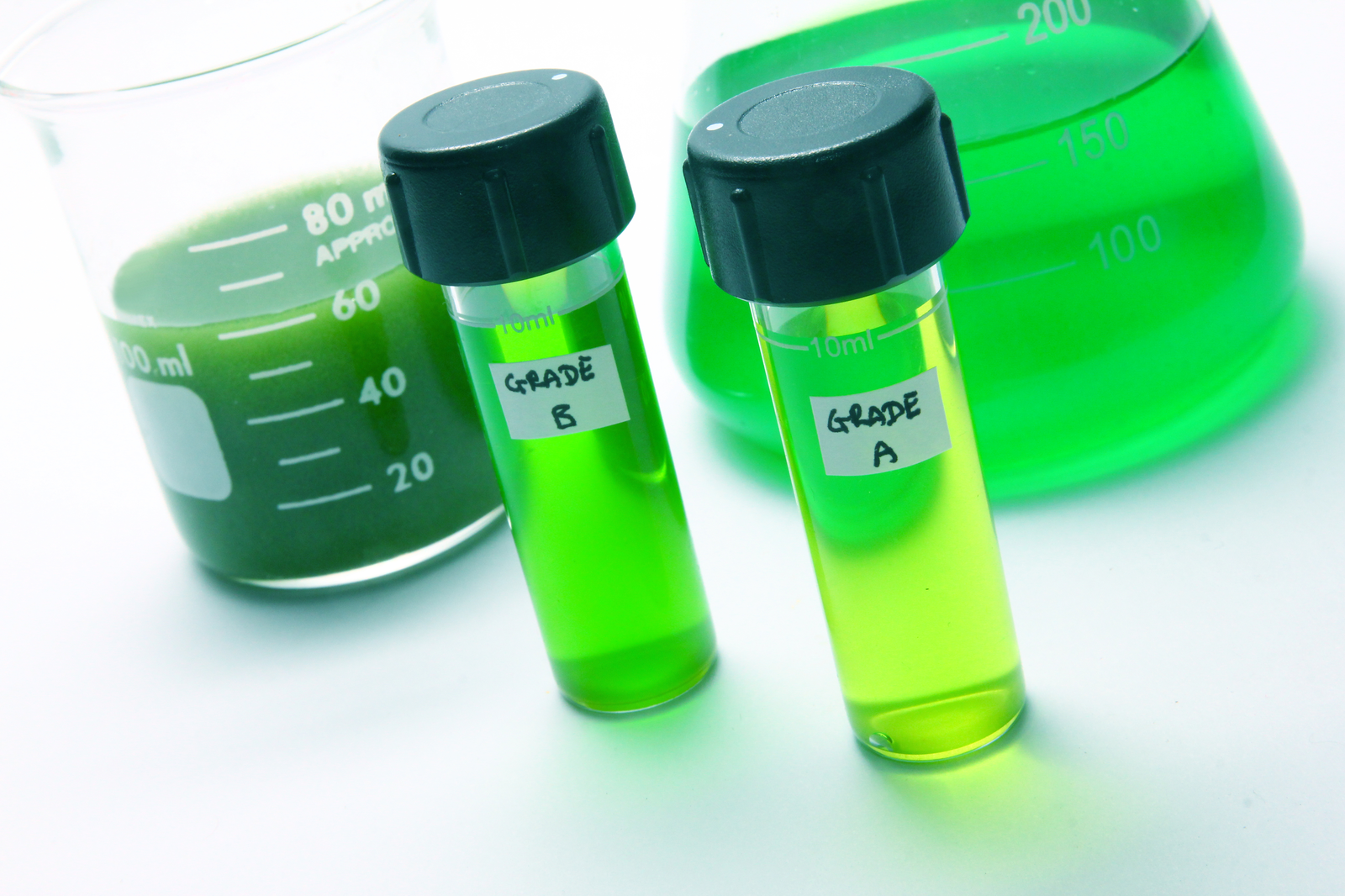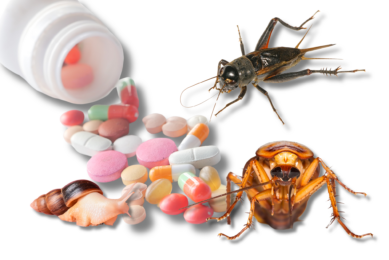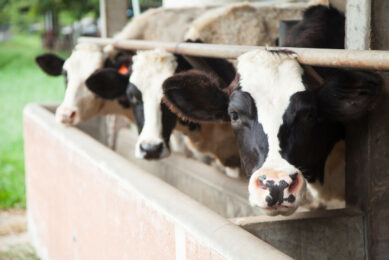Algae: The sustainable option for cattle feed

Beef producers could soon benefit from a protein-rich and sustainable livestock feed supplement in the form of microalgae.
Researchers at The University of Queensland have set up an Algae Energy Farm to cultivate and harvest microalgae for a range of uses, including a feed supplement for beef cattle.
The Algae Energy Farm, established by UQ’s School of Agriculture and Food Sciences with assistance from Meat and Livestock Australia, is an off-grid 250,000-litre demonstration farm at UQ’s Pinjarra Hills campus.
Lead researcher Professor Peer Schenk said the farm showed that algae could be grown easily in Australian conditions, leveraging feed and fuel, and without competing for arable land needed for food production.
“We are working closely with Australian primary producers to produce protein-rich feed to meet the nutritional needs of cattle and other livestock,” Professor Schenk said.
Such a feed source would help mitigate large seasonal variations in pasture nutritive value and boost cattle growth.
The UQ Algae Energy Farm was officially opened today (Tuesday 19 August) by Minister for Agriculture John McVeigh.
“UQ, including the Queensland Alliance for Agriculture and Food Innovation, has worked closely with Meat and Livestock Australia and Xstrata Technology to establish this pilot algae farm,” Mr McVeigh said.
“Agriculture is one of the four pillars of our Queensland economy and it is pleasing to see collaboration between different groups to establish technologies which will assist the beef industry grow,” he said.
UQ Vice-Chancellor and President Professor Peter Høj said the University was delighted to target its research excellence – confirmed last week with a prestigious global universities ranking of 37th for life and agricultural sciences – to a project with prospective benefits for individual farmers, the industry and the economy.
“Being able to work with Meat and Livestock Australia and use Xstrata technology enabled the researchers to work towards a farm-ready solution suitable for the tough conditions faced by so many Australian producers,” Professor Høj said.
“Such industry partnerships help turn excellent research into high-quality outcomes for society, the economy and the environment – a process of translation that we call excellence-plus.”
Professor Schenk said the fact that dry season pasture in northern Australia was typically low in protein and energy acted as a constraint on beef production.
“Microalgae would help with management of prolonged dry conditions, such as those affecting much of Queensland,” he said.
“The challenge is to develop technology that can be readily and cost-effectively applied on beef properties as a ‘home-grown’ source of high-quality protein feed.”
The technology used by UQ is farm-ready and can use virtually any type of water, which means that cultivation of microalgae offers a cost-effective way of producing feed and fuel all year round with minimal use of land and water.
The Pinjarra Hills farm can produce about 50 tonnes of algal biomass and 60 barrels (about 12,480 litres) of biodiesel per hectare a year.
Xstrata Technology provided UQ with mining industry flotation technology – an XT Jameson Cell – for a nine-month trial. Early results show it has significantly increased algae production.
[Source: The University of Queensland]











